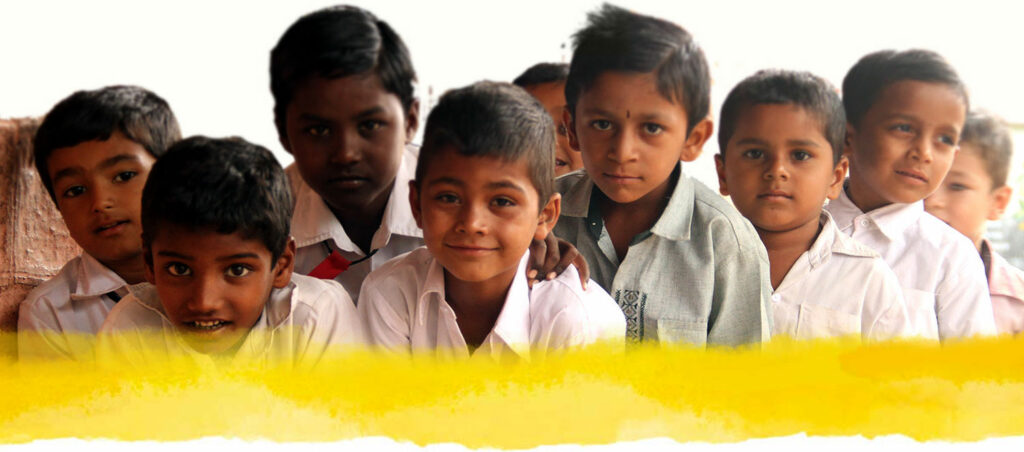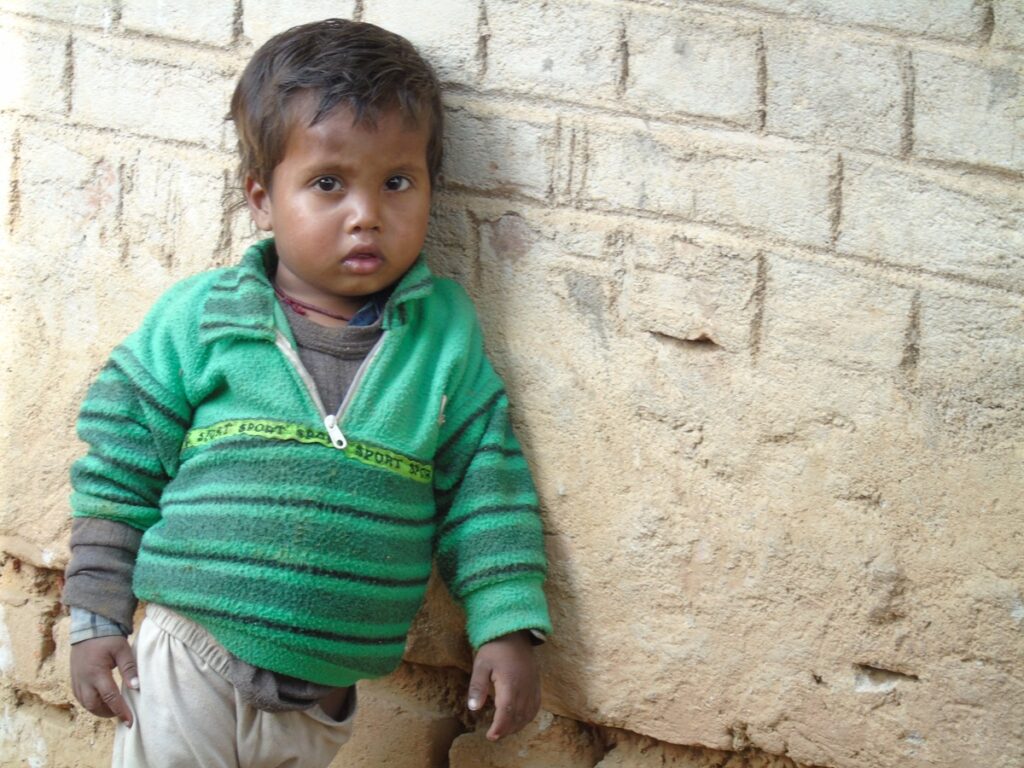
Child Protection Policy in India: Laws, Challenges & Solutions
Learn about the key child protection policy in India, including the Juvenile Justice Act and POCSO Act. Understand challenges in enforcement and how ....
Read MoreDiscover the alarming rise of crimes against children in India, including child trafficking, sexual abuse, and labour. Learn about legal frameworks, societal impact, and effective solutions.
Child crime in India remains alarmingly prevalent, affecting millions of children each year. Poverty, lack of education, weak law enforcement, and social norms contribute to the problem. At CRY India, we work to protect children from labour, trafficking, abuse, and neglect, while empowering them through education and community programs. Understanding the causes and solutions is essential to creating a safer environment where children can grow and thrive.

Crimes against children in India are a grave issue, threatening the safety, dignity, and future of millions of young lives. These crimes range from exploitation to physical harm, reflecting deep-rooted societal issues. Every day, numerous children fall victim to various forms of exploitation and violence, which not only harm them physically but also disrupt their emotional and mental well-being.
This blog explores seven major types of child crime, their causes, and possible solutions to ensure a safer future for children.
Child labour continues to impact many children, forcing them to work in hazardous environments. These children often face long hours, abuse, and exposure to dangerous substances. Many are deprived of basic rights, including education, healthcare, and the opportunity to enjoy their childhood. Causes of child labour perpetuate a cycle of poverty, limiting children’s future opportunities.
ALSO READ: How To Prevent Child Labour in India?
Child trafficking is a severe violation of children’s rights, with young individuals abducted or sold for exploitation. Trafficked children in India are often forced into labour, sexual exploitation, or servitude. Trafficking networks target vulnerable families, promising better lives for their children. Trafficked children suffer abuse and trauma, impacting emotional and social development for life.
Despite laws prohibiting it, child marriage remains widespread, especially in rural areas. Girls as young as 12 or 13 are forced into marriages, denying them education and personal growth. Child marriage results in early pregnancies, health complications, and reinforces gender inequality, affecting generations to come.
ALSO READ: 9 Effective Ways To End Child Marriage in India
Child sexual abuse inflicts long-lasting emotional and psychological harm. Many children in India experience sexual abuse, often by someone familiar. Stigma prevents victims from speaking out, maintaining a culture of silence. Even with laws like the Protection of Children from Sexual Offences (POCSO) Act, child sexual abuse remains a serious problem.
Abandonment often occurs due to poverty, social stigma, or gender discrimination. Abandoned children are frequently on the streets, vulnerable to exploitation, trafficking, and labour. They face physical and emotional abuse and often lack access to education or healthcare.
Cyberbullying has emerged as a major concern with the rise of digital technology. Children face harassment, threats, and humiliation online, affecting their mental health and self-esteem. The anonymity of the internet complicates intervention. Cyberbullying can lead to anxiety, depression, and even suicidal thoughts among affected children.
Organized begging rings exploit children, forcing them to work on the streets. Controlled by adults, these children miss education and normal childhood experiences. They face physical danger, abuse, malnutrition, and lack of basic health services.
Poverty makes children more vulnerable to exploitation. Families may send children to work to supplement income, exposing them to labour, trafficking, and abuse.
Education is a fundamental right often denied to children from disadvantaged backgrounds. Without schooling, children are unaware of their rights and more likely to face exploitation.
ALSO READ: Importance of Education For Underprivileged Children
While laws exist to protect children, weak enforcement allows crimes to continue. Strengthening law enforcement and ensuring accountability is vital.
Deep-rooted social norms perpetuate crimes against children. Gender discrimination, acceptance of child marriage, and stigma around abuse create environments where children are unprotected.
Effective protection requires strict laws, proper enforcement, and trained personnel who can handle child-related cases sensitively.
Community awareness programs educate families about children’s rights and the consequences of exploiting children. Awareness can prevent labour, trafficking, and abuse.
Education empowers children with knowledge of their rights and protects them from exploitation. Scholarships, free meals, and after-school programs encourage school attendance and reduce vulnerability.
Communities play a key role in child protection. Local organizations can monitor at-risk children, support families, and provide safe spaces for children to grow.
Also Read: Types of Child Labour
Children who experience crime suffer lasting emotional and psychological effects. Trauma can affect learning, social interactions, and future opportunities. Early intervention and support are critical to helping children recover and thrive.
Also Read: What is Anganwadi?
At CRY India, we work alongside communities, families, and existing child protection programs to ensure children can grow up safe, secure, and free from exploitation. We support children facing labour, trafficking, abuse, and neglect while providing access to education, skill development, and life-skills programs that help them build confidence and shape a better future.
We believe that every child deserves a safe and nurturing childhood. By engaging parents, community members, and local stakeholders, we help strengthen support systems around children and empower families to protect their rights. Through our programs, children are guided to understand their own rights and encouraged to speak up when they face harm.
Donate and Support CRY today!
At CRY India, we see child labour, child trafficking, child marriage, child sexual abuse, abandonment, cyberbullying, and child begging as the most prevalent types of child crime.
Child trafficking exposes children to exploitation, abuse, and trauma. At CRY India, we work with communities and local authorities to rescue, rehabilitate, and provide education and counselling, helping children regain safety and hope.
India has laws such as the Juvenile Justice Act, POCSO Act, Child Labour (Prohibition & Regulation) Act, and Right to Education Act. At CRY India, we help families and communities navigate these schemes, ensuring children can access their rights and protection.
Parents can educate children about their rights, maintain open communication, and create safe home and school environments. At CRY India, we conduct awareness sessions for parents to provide practical guidance and support.
Signs include unexplained injuries, withdrawal from school, changes in behaviour, excessive fear or anxiety, or reluctance to talk about certain events. At CRY India, our programs work with communities to recognize these warning signs early and respond effectively to keep children safe.
Also Read: Consequences of Child Labour